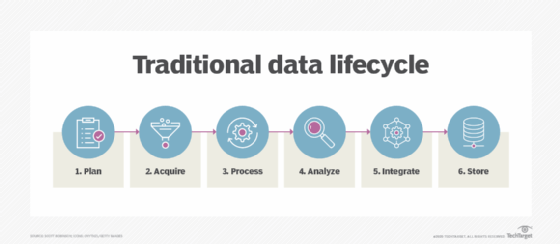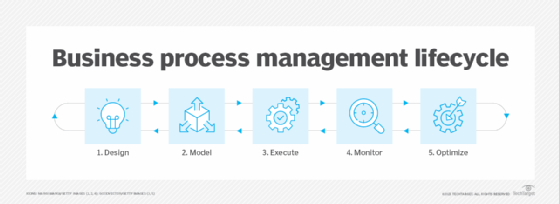holistic (holistic technology)
What is holistic (holistic technology)?
Holistic technology is an approach to IT management that considers the infrastructure as a whole instead of as a collection of individual systems.
A holistic technology provider is a single company that seeks to provide many technology services in an integrated whole. Holistic technology might also be used to describe technology that is designed for easy use for people and to fit in with their lives. This usage is uncommon; the term human-centric design is more common.
Why a holistic approach to technology is important
The observation that "no man is an island" was first penned by John Donne in the 1600s. In today's increasingly interconnected technology landscape, it can equally be said that "no technology is an island" too.
Changes in one system can affect another. Adding a new technology stack to support a business initiative can create a security vulnerability elsewhere. All the while, users expect everything to just work together and are frustrated when it doesn't. Taking a holistic approach to technology can prevent these types of issues.
To illustrate the advantage of a holistic approach to technology, imagine a company that wanted to update its customer relationship management (CRM) system. Taking a traditional, non-holistic approach, they might select a provider based on features and price. The CRM might not integrate with the phone systems, so agents can't automatically dial or to customers, or customers who call in are not automatically routed correctly. Invoices may need to be manually entered into accounting software. The software might use a different authentication system, so users need to remember another password. A holistic CRM system combines all those functions.
Holistic technology approaches
Systems thinking is a holistic analysis of an entire system. It looks at the emergent behavior of the whole system instead of a reductionist examination of the constituent systems. Systems engineering seeks to design a system across many disciplines.
Holistic data management seeks to understand the entire flow and lifecycle of data as it moves in an organization. It is concerned with the data as it is created, stored, consumed, and disposed of regardless of the systems that it occurs in. This includes information governance and data access.

Holistic security integrates all aspects of cybersecurity. This might include threat management and logging into a single view. Security information and event management is an approach that combines security information management and security event management into a holistic approach.
Business process management often involves holistic understanding of how businesses function. Looking at the process flow across departments can lead to valuable insights on how work moves and where to improve.
A holistic approach to customer and consumer data is beneficial. A 360-degree customer view can bring all customer data together to better understand the customer and how to bring better value to them.

Supply chain sustainability is a holistic view of supply chain processes, logistics and technologies that affect the environmental, social, economic and legal aspects. This is becoming increasingly important as supply chain attacks become more prevalent and international events destabilize physical supply chains.
See how to implement a holistic approach to user data privacy. Learn from a CIO about the importance of holistic data collection and analysis methods.







